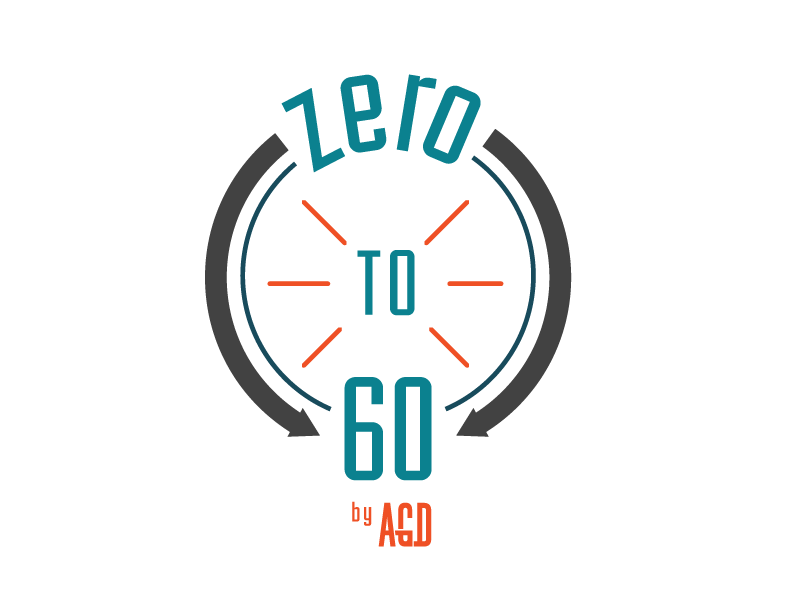Written By: Lauren heilman
Lauren Heilman has been tour managing the Nashville based trio LEVON for the past 6 years. Signed to Creative Artists Agency, Lauren sat down with their booking agent, Blake McDaniel to learn a bit more on his role and his relationship with the band. See below for the scoop.
Interview w/ CAA’s booking agent Blake McDaniel:
How did you get your start in booking and how long have you been with CAA?
“I fell into it accidently. I originally wanted to work for a label when I came to Nashville in 2000. The only place that would hire me was CAA to file paperwork, monitor ticket counts for concerts, and fill in for the receptionist. I ended up falling in love with the agency business, as well as the company I was working for, and they’ve let me stick around for a little over 20 years.”
How did you come across the band Levon?
“Jamie Houston, their producer, had been a friend of mine from my early days in Nashville. We were looking for projects to do together. He invited me over to his house one day to listen to this group he was starting to work on called Levon. It was three guys, they had written about 5 songs and had not recorded anything yet. They sang those songs to me right there in his home studio and blew me away.”
What made you want to take them on as a client?
“They were great guys, but also amazingly talented. The few songs they had could actually be hits, and they could sing them amazingly well. Their harmonies were crazy. I couldn’t believe they had only been together for a short time. This was a group worth betting on.”
What sets them apart from other acts?
“To me, I think of them like I would the Eagles. They have great songs that can be hits in multiple genres, they can perform them amazingly well, and even though their music can appeal to the masses, they still would also be appreciated by the critics. That is a hard combination to find.”
When fulfilling opening slots, what do headliners look for?
“So many things…It depends on the headliner. Some headliners want to bring out a friend(s) to be a companion on the lonely road with them. Some headliners have a specific vibe of music they are going for. Some headliners hear the opener’s music and flip over it. A lot of headliners want to see what that opening act is going to bring to the tour in regards to ticket sales, marketing, promotion, streaming and radio success. The process of getting an opening slot on a tour is complicated, and sometimes despite your best efforts, you can’t get those slots to connect for your artist…and sometimes they drop down on you from the sky.”






